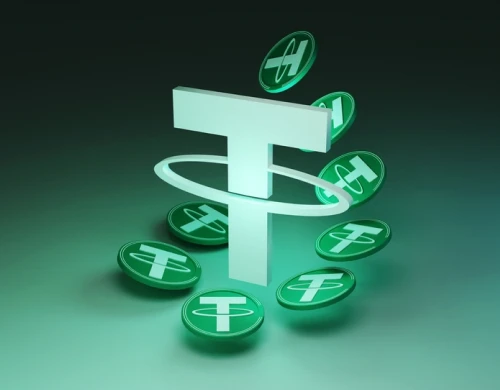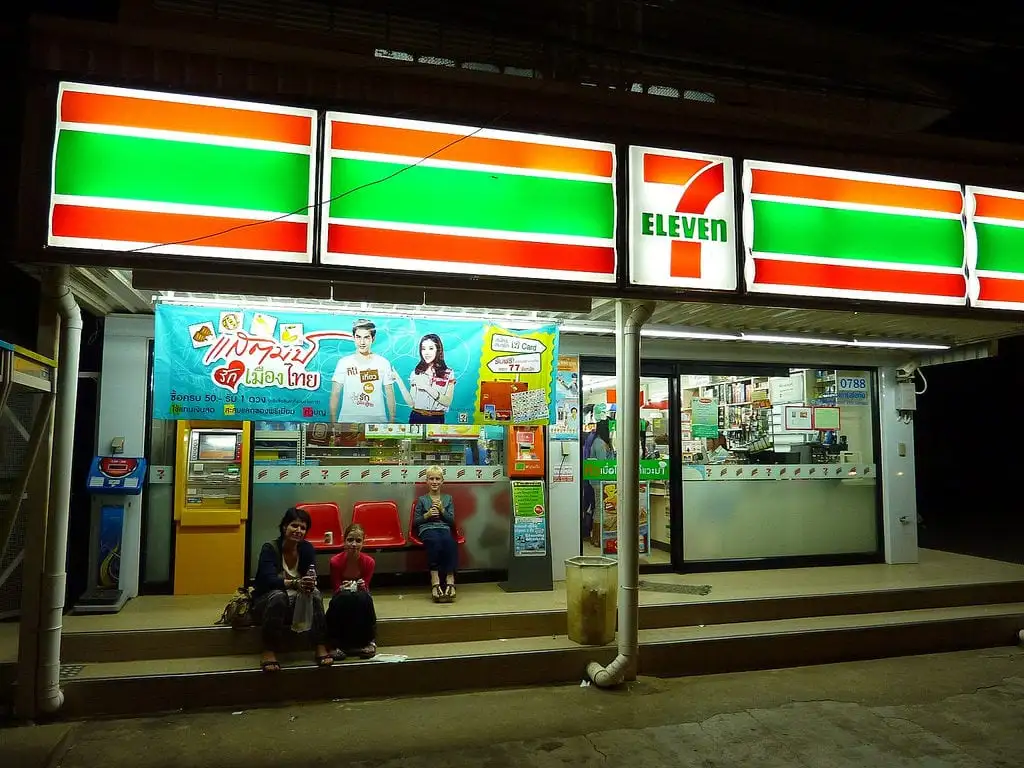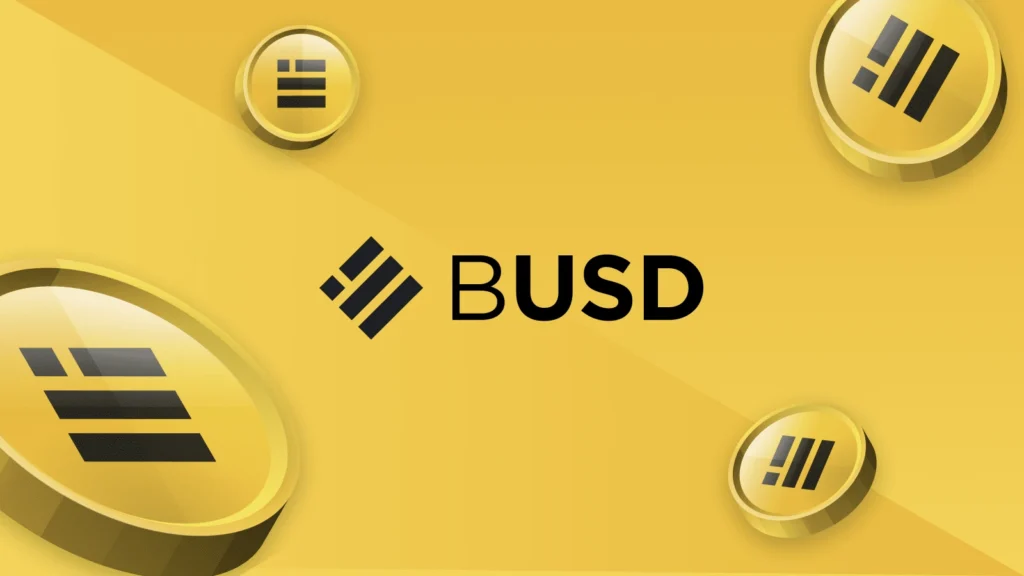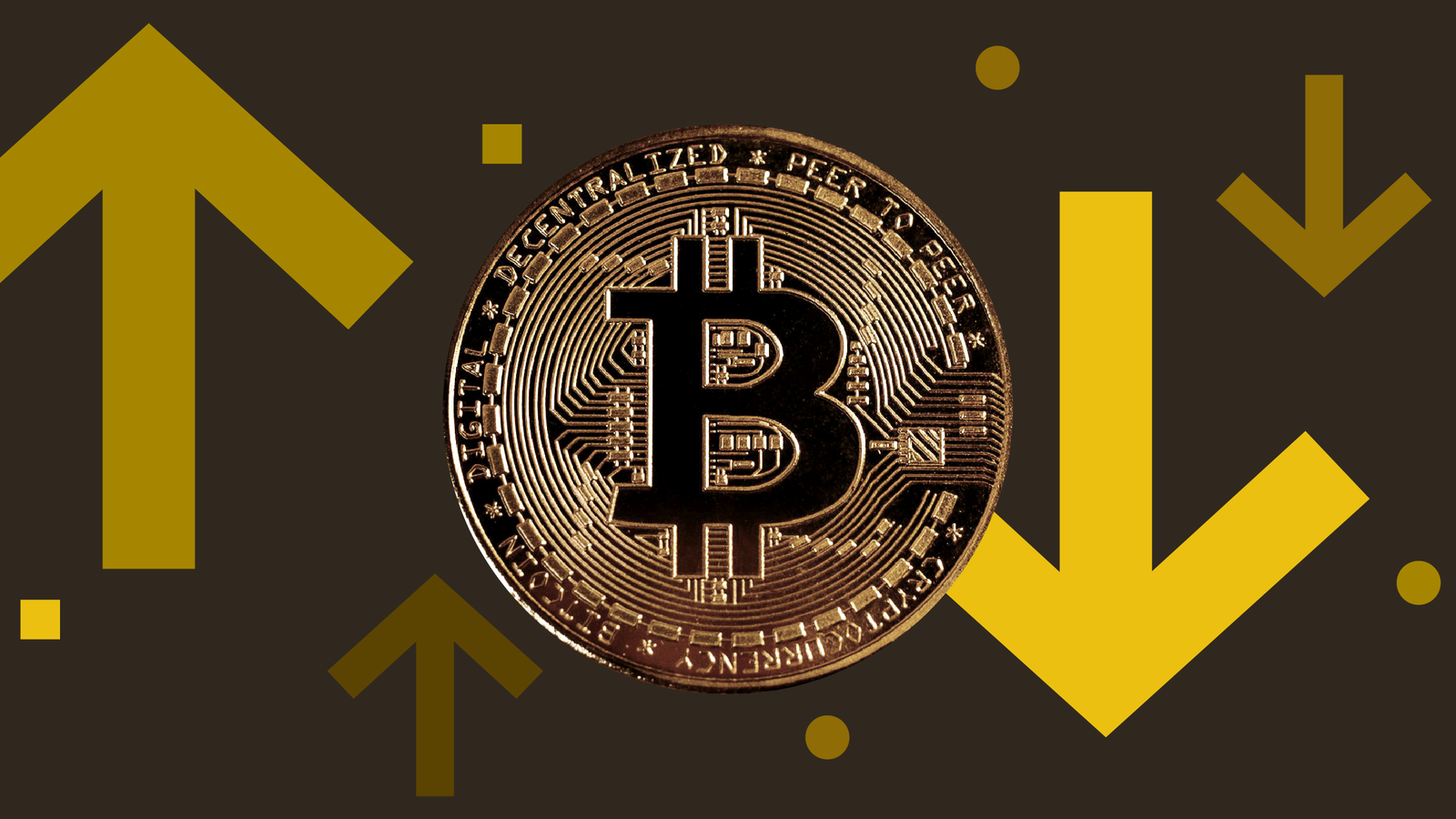USDT in Thailand 2025 – Frequently Asked Questions (FAQ)
Thailand’s crypto market has always moved fast, and in 2025, one name keeps popping up more than others: USDT. But what’s driving its popularity—and is it something regular users should trust? Below, we answer the most pressing questions about USDT in Thailand, from how it works to where it’s being used and what risks might come with it.
1. USDT in Thailand: What is USDT and why are people in Thailand using it so much in 2025?
USDT, or Tether, is a stablecoin—a type of cryptocurrency pegged to the US dollar. It aims to offer the convenience of digital assets without the price swings of coins like Bitcoin or Ethereum.
In Thailand, users are drawn to USDT because:
- It holds value when the Thai baht is volatile
- It’s fast and cheap to send
- It’s available on major Thai-friendly platforms like Bitkub and Binance
- It’s widely accepted in crypto communities and P2P exchanges

2. USDT in Thailand: How is USDT being used in everyday life in Thailand?
While it’s still not used to buy groceries at 7-Eleven, USDT has found its way into everyday financial flows:
- Freelancers and digital nomads use it to get paid by overseas clients
- Crypto traders use it as a stable base when exiting risky positions
- People sending remittances use it to move money cross-border
- Some online sellers are accepting USDT (often informally or off-platform)

3. Why do Thai traders prefer USDT over other stablecoins?
A few key reasons:
- Liquidity: It’s easy to buy or sell USDT at almost any time
- Reputation: USDT has been around since 2014—it’s familiar
- Chain flexibility: It works across multiple blockchain networks (especially TRC-20, which is popular for its ultra-low fees in Thailand)
- Simplicity: For many, it’s just easier to use than lesser-known alternatives

Credit from : IniMedan
4. Are Thai businesses starting to accept USDT too?
Yes—though slowly. While not mainstream, a few crypto-forward cafés and e-commerce stores (especially in Chiang Mai and Bangkok) have started to accept USDT payments.
That said, most Thai businesses remain cautious due to regulatory uncertainty and accounting complexity. The shift is starting, but it’s not widespread yet.
5. Is USDT legal to use in Thailand?
As of 2025, yes—USDT is legal to hold and trade in Thailand. But here’s the nuance:
- It’s not legal tender (you can’t pay your taxes or utility bills with it)
- It’s not officially endorsed for payments, but P2P use is common and tolerated
- Regulations remain flexible, but that could change depending on global or domestic pressure
Overall, USDT operates in a gray zone that’s convenient—but not guaranteed long-term.

6. Is USDT safe to hold? What are the risks?
Good question—and one that doesn’t have a simple answer.
While stable, USDT comes with some caveats:
- Transparency issues: Critics still question how fully backed Tether is
- Temporary depegging: In times of high market stress, USDT has dropped slightly below $1
- Technical reliance: Most Thai users favor TRC-20 (TRON network), which has its own vulnerabilities
- Regulatory risk: If Thai authorities suddenly shift policy, usage could be limited or scrutinized
For casual users, USDT is low-risk but not zero-risk. It’s best used as a tool—not a long-term savings account.
7. Will USDT stay dominant in Thailand’s crypto space?
Maybe—but it’s not guaranteed.
While USDT is the clear favorite in 2025, it’s facing increasing competition from:
- Other stablecoins like USDC and BUSD (depending on regulation)
- Local initiatives or central bank digital currencies (CBDCs)
- Crypto regulations that might favor fiat-backed or fully transparent options
However, based on current trends, USDT is still the default choice for many Thai users due to its familiarity and network effect.

8. So, should I use USDT in Thailand?
If you:
- Trade crypto regularly
- Get paid in crypto from abroad
- Want to move funds fast with low fees
- Need a temporary stable holding between trades
…then yes, USDT could be a useful tool for you. Just make sure you:
- Understand which network you’re using (TRC-20, ERC-20, etc.)
- Store it securely (ideally not just on exchange wallets)
- Stay up-to-date with local crypto laws
Final Take: USDT in Thailand Is Useful—But Stay Informed
In 2025, USDT is helping Thai users navigate crypto with more stability. But like anything in the digital asset world, it’s not without risks.
If you’re thinking of using USDT in Thailand, treat it like you would any financial tool: learn it, use it smartly, and watch the space as it evolves.




